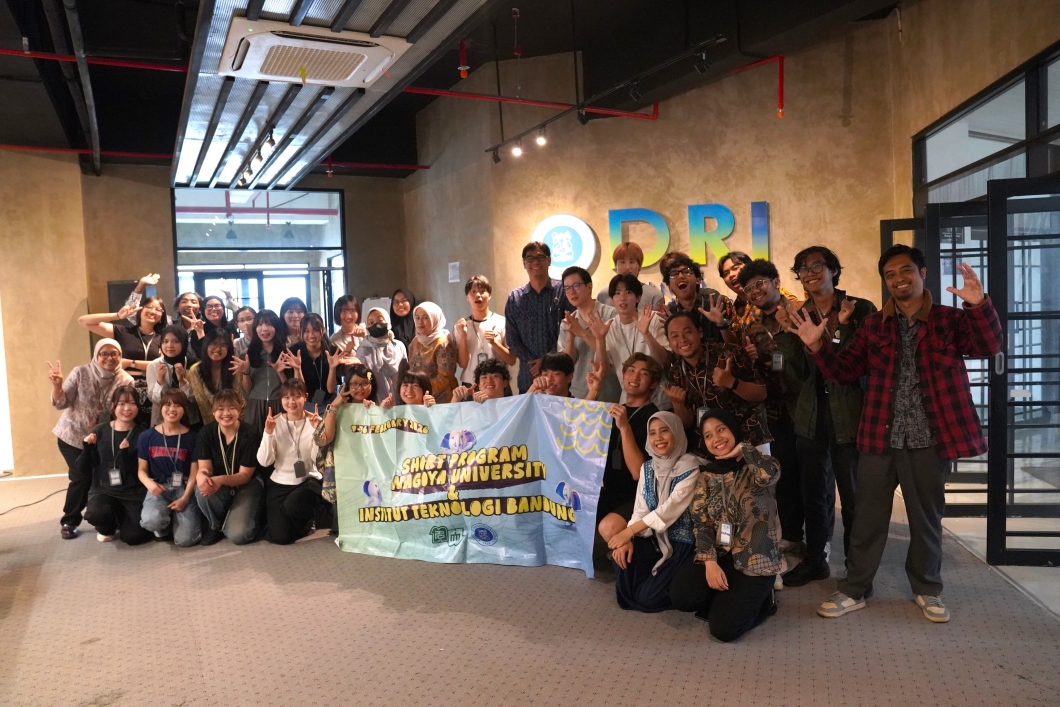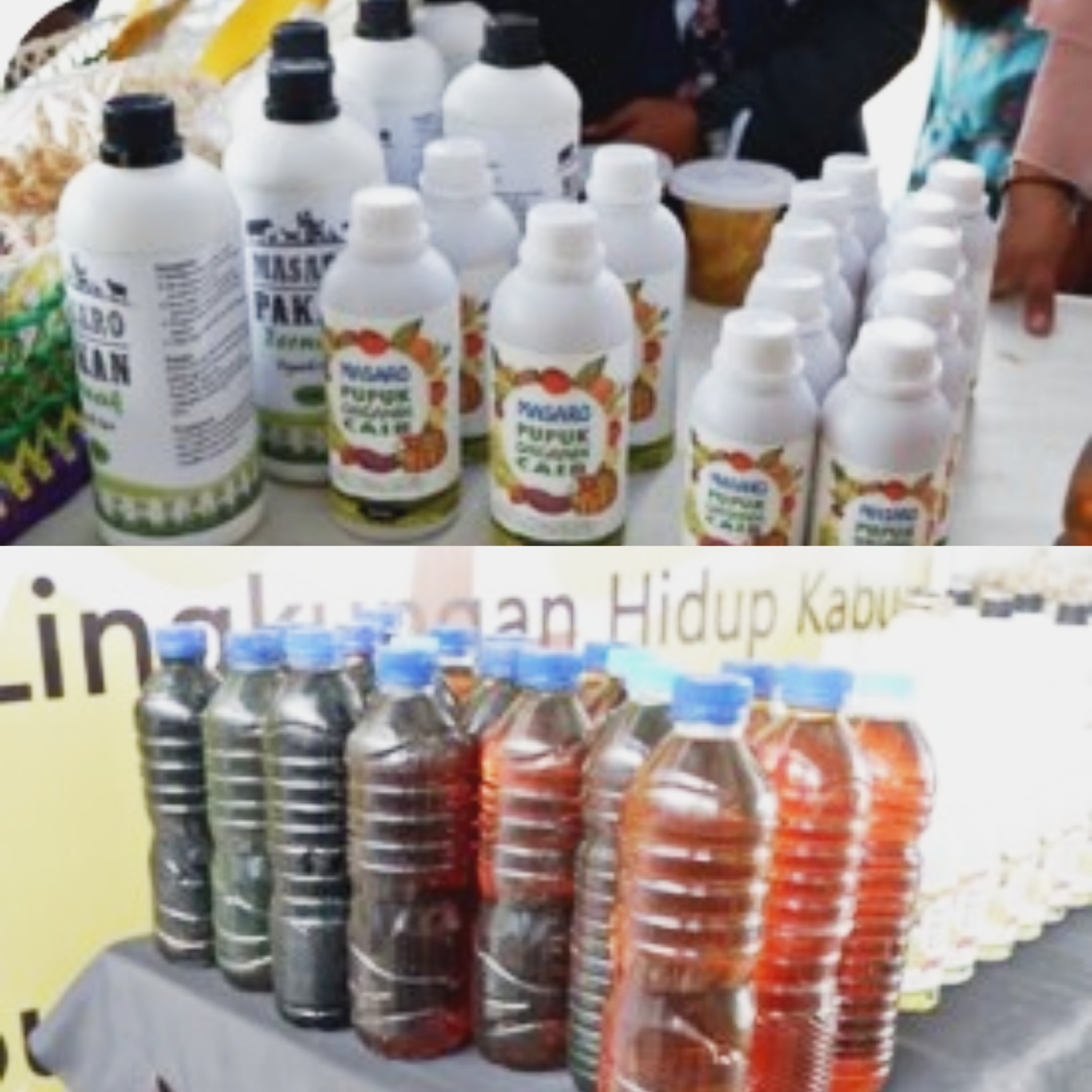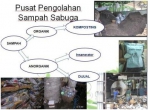Strategy for a Sustainable Campus: ITB Focuses on Waste Management with Technological Application
By Anggun Nindita
Editor Anggun Nindita

BANDUNG, itb.ac.id - Earth faces various challenges in sustaining life, such as increasing greenhouse gas emissions, worsening air, land, and sea pollution, and the complexities of climate change. These issues stem from the declining quality of the earth, necessitating comprehensive solutions.
Addressing environmental concerns requires collaboration from various entities, including the academic community, expected to provide effective solutions to environmental challenges. This aligns with global initiatives like the Sustainable Development Goals (SDGs), to protect the environment.
In line with its Sustainable Campus program, Institut Teknologi Bandung (ITB) supports government efforts, particularly in waste management. This involves socialization, campaigns, and education on waste management, emphasizing the 3R principles (Reduce, Reuse, Recycle).
The Rector of ITB, Prof. Reini Wirahadikusumah, Ph.D., through Rector's instruction letter number 381.IT.A/HK.01/2023, instructs all ITB leaders, lecturers, education personnel, students, and partners to implement waste management. This includes waste reduction and handling programs.
Waste reduction programs involve limiting the use of disposable materials, including plastic and paper, reducing the consumption of food and drinks with disposable packaging, and encouraging the use of non-disposable containers. The academic community is urged to minimize paper usage by utilizing double-sided printing and adopting a paperless office system.
In routine or incidental activities, a proper waste sorting and reduction system is essential, with the provision of waste banks at designated points. For waste handling, the focus is on the source, emphasizing the 3R principle, and following the guidance of the Directorate of Facilities and Infrastructure of ITB.
Waste bins are provided for segregated storage of organic waste, inorganic waste (recyclables), residual waste, and hazardous toxic waste. These wastes will be transported to temporary waste collection sites (TPSS) and integrated waste treatment plants (IPST) in a segregated and scheduled manner.
The waste management program incorporates technology innovations developed by ITB, requiring collaboration across the campus environment. This initiative aims to reduce environmental impact, promote awareness, and contribute to a sustainable campus with positive societal implications.
Translator: Anggi Nurdiani (Management, 2021)
Editor: Vera Citra Utami




.jpg)
.jpg)

.jpg)

